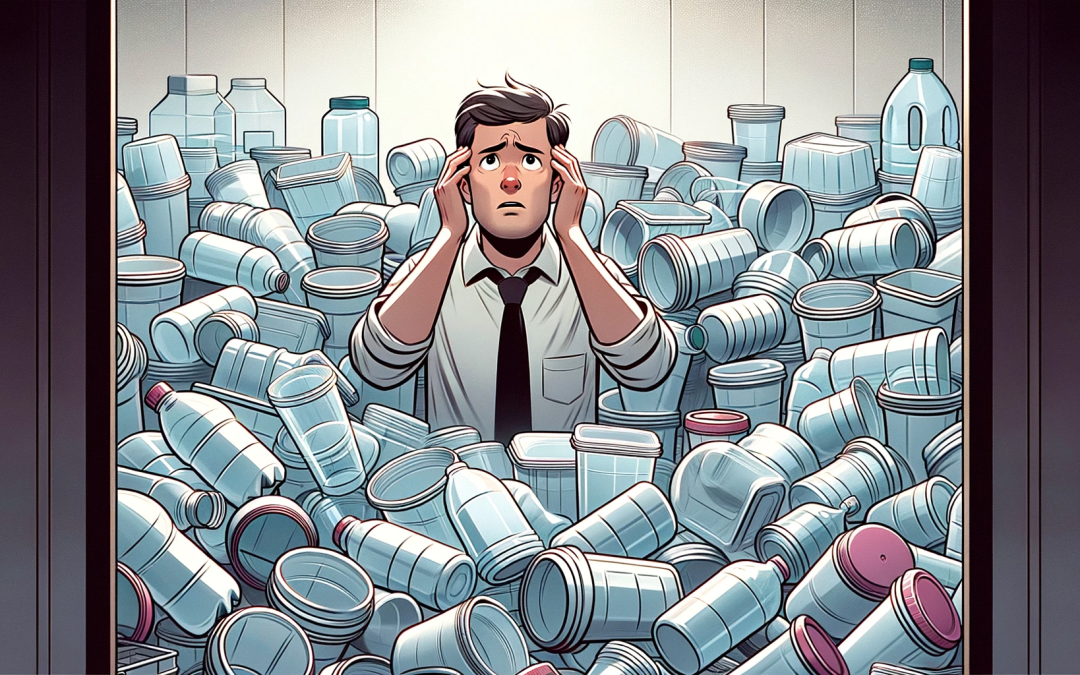
In the recent legal case of Rooplal N.O vs. Rezevation 4-2 Communication CC ([2024] ZALMPTHC 21), the Limpopo High Court in Thohoyandou was tasked with deciding on the final winding-up of Rezevation 4-2 Communication CC and Scorpion Business Solutions (Pty) Ltd. This case highlights the implications of financial insolvency and the just and equitable winding up of companies under South African law.
Background
The case arose from applications for the final winding-up of the respondents, Rezevation 4-2 Communication CC and Scorpion Business Solutions (Pty) Ltd, on the grounds of their inability to pay debts. These applications were consolidated due to their similar nature and were opposed by the respondents.
Key Facts
- Financial Insolvency: The respondents were granted overdraft facilities by VBS Mutual Bank, which they exceeded, resulting in substantial debt.
- Liquidation Request: The applications for liquidation were made under Sections 344(f), 345(1)(a), and 345(1)(c) of the Companies Act 61 of 1973, as well as Section 81(1)(d) of the Companies Act, 71 of 2008.
- Opposition to Winding-Up: The respondents argued that they were unaware of the overdraft facilities’ approval and that transactions leading to debt were unauthorized.
Court’s Decision
The court granted the applications for winding up, emphasizing that the respondents were unable to pay their debts. This decision was supported by evidence of financial mismanagement and non-payment of demanded debts.
Memorable Quote
“In the circumstances, I am satisfied that the Applicant has succeeded in making out a case for the winding-up of the Respondents on the basis that the Respondents are unable to pay their debts.” – IM KHOSA AJ.
FAQs
- What does it mean for a company to be wound up? Winding up a company means legally dissolving its existence after settling debts and distributing any remaining assets to shareholders.
- What is commercial insolvency? Commercial insolvency occurs when a company cannot pay its debts when they fall due, regardless of its assets exceeding its liabilities.
- Can a company oppose its winding up? Yes, a company can oppose the winding-up if it believes it can settle its debts or if the winding-up application is unjustified.
- What are the consequences of winding up for the directors? Directors might face restrictions on managing other companies, depending on the reasons for winding up and their conduct.
- How does this case impact the business community? This case serves as a cautionary tale for companies to manage their finances prudently and understand the legal implications of insolvency.
Conclusion
Rooplal N.O vs. Rezevation 4-2 Communication CC underscores the importance of financial health for businesses and the legal consequences of failing to manage financial obligations. It also highlights the court’s role in determining the just and equitable winding up of companies, ensuring creditors are paid, and preventing further financial mismanagement.












